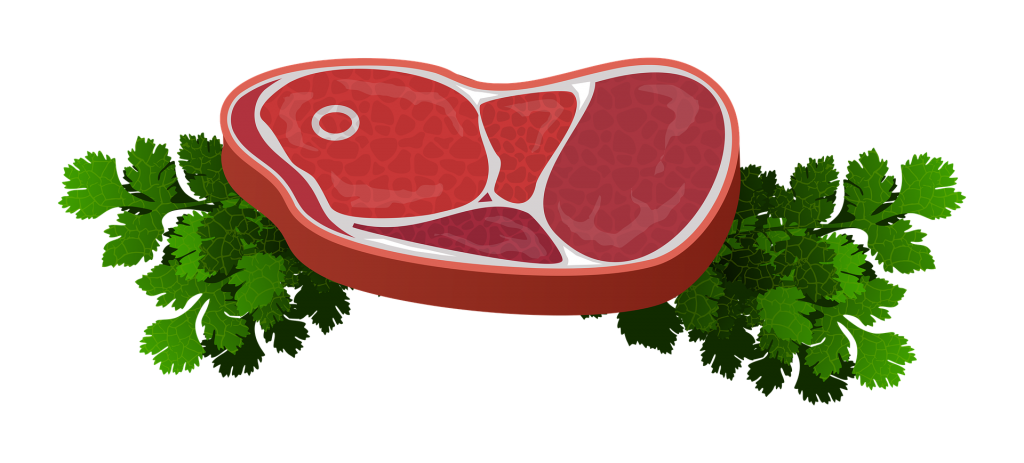 The protein content of the diet can be manipulated by the individual and this can be useful for a number of reasons. Protein foods show a number of metabolic effects in the long and short term and the protein level of the diet can have an influence on the metabolism of the individual as a whole. Protein foods can increase alertness and decrease synthesis of serotonin, and this relates to the way that they increase the relative transport of tyrosine to tryptophan in the brain. As the protein content of a meal increases and the carbohydrate content decreases, a greater proportion of tyrosine and a lower proportion of tryptophan gets into the brain, and this shifts the synthesis of neurotransmitters to excitatory catecholamines such as adrenaline, noradrenaline and dopamine. In the short term, high protein meals can therefore increase alertness and reduce sleepiness and fatigues. They may also decrease stress in this way.
The protein content of the diet can be manipulated by the individual and this can be useful for a number of reasons. Protein foods show a number of metabolic effects in the long and short term and the protein level of the diet can have an influence on the metabolism of the individual as a whole. Protein foods can increase alertness and decrease synthesis of serotonin, and this relates to the way that they increase the relative transport of tyrosine to tryptophan in the brain. As the protein content of a meal increases and the carbohydrate content decreases, a greater proportion of tyrosine and a lower proportion of tryptophan gets into the brain, and this shifts the synthesis of neurotransmitters to excitatory catecholamines such as adrenaline, noradrenaline and dopamine. In the short term, high protein meals can therefore increase alertness and reduce sleepiness and fatigues. They may also decrease stress in this way.

The amount of protein required by an individual will depend on the goals they wish to achieve. Generally skeletal muscle growth requires a higher protein intake, and so weight training athletes should certainly increase their protein intake. The commonly accepted amount of protein for a weight training athlete is 1 gram of protein per pound of lean body mass. An 200 pound athlete with 15 % body fat would therefore require ~170 grams of protein per day. Sedentary individuals may require less, and somewhere between 100 and 170 grams per day may be a rough estimate. Those who wish to achieve weight loss should perform some weight training activity, and therefore consume the amount of protein recommended for weight training athletes. Unless there is a serious kidney impairment in the individual, high protein diets have been shown to be safe over the long term. The highest quality proteins are found in animal products, with plant proteins being of slightly lower quality. Individuals can adapt to high protein diets and there is some evidence that cycling between high and lower protein diets may have some beneficial effects.
A longer term effect of a higher protein diet may be a reduction in appetite and a pronounced fat loss effect. Protein can achieve this because of the way that it is digested. Protein sits in the stomach while hydrochloric acid and enzymes are used to denature the proteins and digest it to shorter peptides and amino acids. This slows the digestion rate and delays the absorption of other food components such as starch. This has beneficial glycaemic effects which sensitise the insulin system and this produces a catabolic effect on fat tissue. In addition, protein and peptides cause the release of hormones from the gut which signal to the central nervous system to inhibit appetite. There may also be certain weight loss effects from high protein diets due to the above mentioned release of catecholamines, which are known to have inhibitory effects on appetite. Therefore high protein diets may induce weight loss and this is certainly supported by a large number of studies in the nutritional literature.
Eat Well, Stay Healthy, Protect Yourself
RdB
